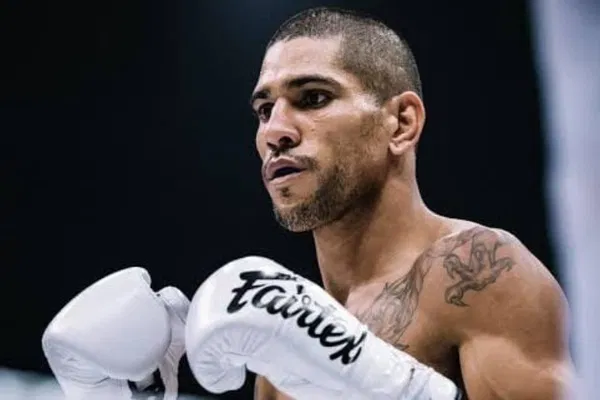
GLORY Kickboxing Sparks Uproar Over Calf Kick Ban Ahead of Milestone GLORY 100 Event
GLORY Kickboxing, once praised for launching the careers of global stars like Alex Pereira, is facing intense backlash just as it prepares to celebrate a major milestone: GLORY 100 on June 14 at Rotterdam Ahoy. After 14 years of elevating the striking game, the promotion finds itself under fire over a controversial new move—the proposed ban of calf kicks in most upcoming events.
Initially planned as a two-day spectacle, GLORY 100 was eventually scaled back to a single-day fight card. Still, the excitement hasn’t wavered. But that buzz quickly turned to debate when reports surfaced that the promotion would eliminate the use of calf kicks after the event, due to restrictions in the Netherlands.
View this post on Instagram
An MMA-focused page broke the news, noting the ban will reportedly go into effect in September. Though GLORY 100 will proceed under the current rule set, the speculation has already caused ripples through the community. Confusion also remains around whether GLORY actually falls under the Dutch Martial Arts Federation (NVB) jurisdiction, or under VON, a separate regulatory body—which could affect enforcement of the rule.
For many fans and fighters, banning calf kicks feels like banning a cornerstone of modern striking. In recent years, the technique has become an essential part of both kickboxing and MMA strategy—used to slow opponents, open up finishing opportunities, and control range. Iconic examples include Dustin Poirier’s use of calf kicks to shut down Conor McGregor at UFC 257, leading to a knockout win that stunned the world.
The fan response has been fierce. Many took to social media to express disbelief, with comments like “We should ban punches next,” and comparisons to banning wrestling from MMA. Some highlighted the irony of the move, noting that calf kicks are far less dangerous than oblique kicks, which target the knee and are more likely to cause long-term damage.
Supporters of the kick argue it’s part of the sport’s evolution. Critics of the ban say that GLORY should be leading the charge in modernizing kickboxing—not pulling it backward with outdated regulation. Others have called on the organization to take a stance like the UFC, which has worked to influence national laws and expand the reach of combat sports globally.
The bigger question looms: will GLORY stick to this plan and risk alienating fans and fighters alike, or will the promotion find a compromise before the ban takes effect?
As GLORY 100 approaches, the spotlight is now not only on the fighters but on the rule-makers. For a promotion built on elite striking and innovation, this may be the most critical fight yet.